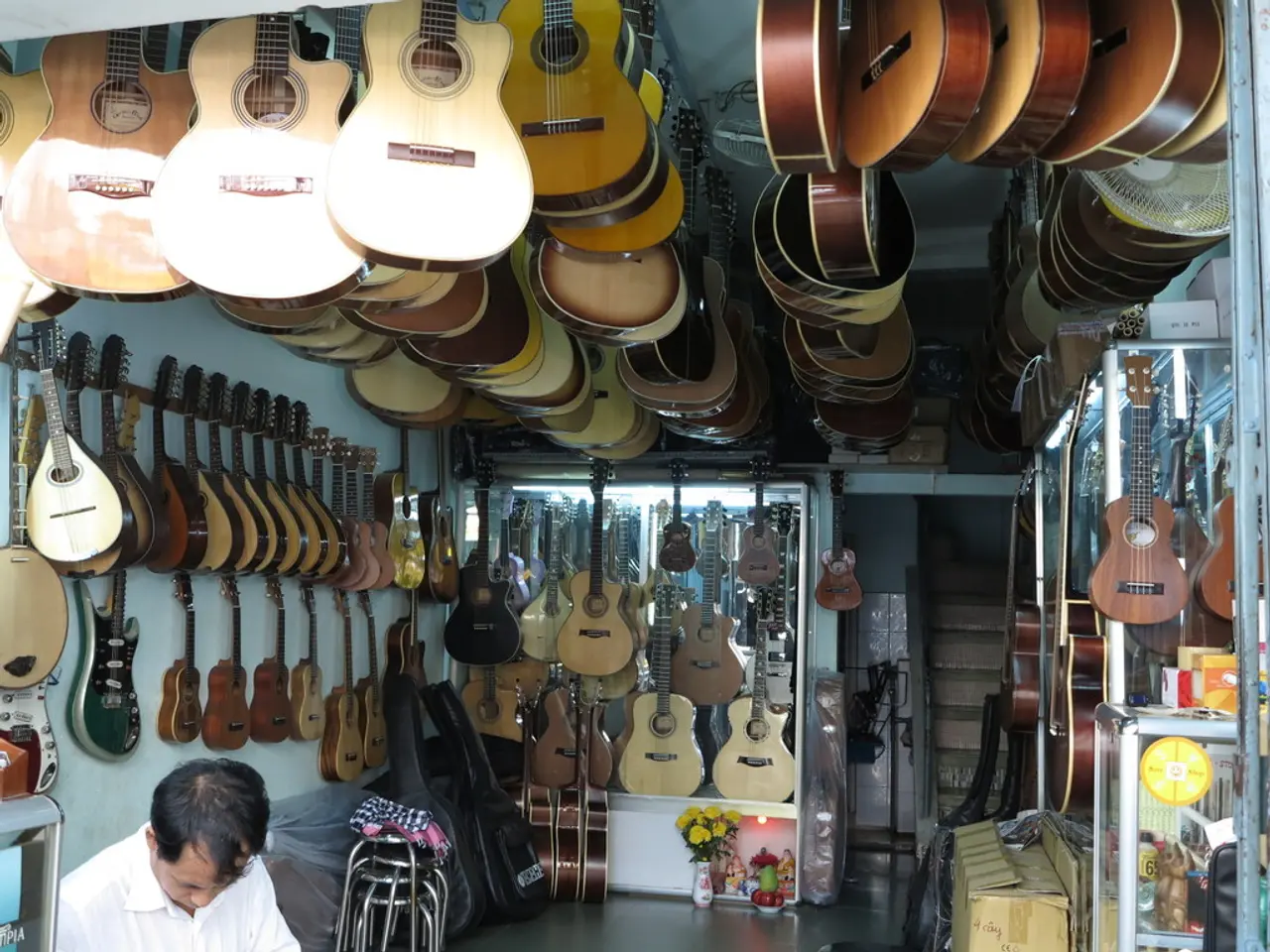Modernizing South Korea's Financial Landscape: A New Approach to Monetary Management
Bank of Korea Adjusts Open Market Operations for Improved Flexibility in Monetary Policy Management
In a strategic move by the South Korea central bank, there's a fresh breath of fresh air coming to the nation's monetary tools. The overhaul entails a significant revamp of the open market operation (OMO) framework, adopting a scheduled buying and selling of repurchases, or repos, on fixed days, starting July 10. This transformation marks the end of the previous approach, where excessive liquidity was primarily withdrawn through repo sales.
Under the new scheme, 14-day repo purchases will take place every Tuesday, replacing the regular 7-day repo sales held every Thursday, and irregular repo buys. The changes are designed to establish a more reliable and predictable framework for managing liquidity within the domestic financial system, amidst shifting financial landscapes and external economic flows.
Shifting Tides in South Korea's Financial Landscape
The revamp comes against the backdrop of turbulent financial tides in South Korea, particularly concerning external economic flows. The central bank attributes the alterations to declining current account surpluses and rising outbound investments, resulting in less available liquidity and increased uncertainty in short-term funding demands. To counter these dynamics, the central bank intends to act more swiftly and accurately with the updated OMO framework.
Gong Dae-heui, the head of the BOK's open market operations team, acknowledges the escalating market volatility as a primary concern. He states, "The fundamental issue lies in the structural decline in the need for liquidity absorption." The bank aims to reduce market pressures and stabilize short-term borrowing costs by implementing more balanced repo transactions
Open Market Operations: The Bank's Core Tool
Open market operations remain the Bank of Korea's main instrument for managing liquidity and controlling short-term rates, typically involving buying and selling government and policy bank bonds with financial institutions. The aim is to keep the overnight call rate near the central bank's target. Additionally, the bank uses Monetary Stabilization Bonds issuance and commercial deposit management through the Monetary Stabilization Account to maintain a consistent flow of money in the financial system.
Repo Operations: Expanded Collateral and Flexibility
To accommodate the new schedule of repo purchases, the BOK will expand the list of acceptable collateral to include securities from three major policy banks: the Korea Development Bank, Industrial Bank of Korea, and Export-Import Bank of Korea. This expansion adds flexibility to repo operations, enhancing efficiency within the revised OMO structure.
Tweaking Participation Rules and Incentives
Moving forward, the central bank will revise the eligibility requirements for institutions involved in its operations starting in August, broadening market participation and improving market functionality. In addition to these changes, details on modifications to the incentive system are yet to be announced, aiming to foster a stable money market environment amidst evolving financial conditions. The forthcoming adjustments mark the bank's commitment to adapt and maintain effective monetary control in a rapidly changing financial landscape.
(Sources: 1) Bloomberg - South Korea Plans to Replace Repo Sales With Purchases(2) Investopedia - Repurchase Agreement (Repo)(3) Korea Bizwire - Bank of Korea To Expand Acceptable Collateral For Repo Operations (Enrichment Data)
In response to declining current account surpluses and rising outbound investments, the Bank of Korea (BOK) is modifying its open market operation (OMO) framework to incorporate scheduled 14-day repo purchases every Tuesday, aiming to establish a more predictable liquidity management within South Korea's financial system (Shifting Tides in South Korea's Financial Landscape). Under the new scheme, the BOK will expand the list of acceptable collateral to include securities from major policy banks, adding flexibility to repo operations and enhancing efficiency within the revised OMO structure (Repo Operations: Expanded Collateral and Flexibility).




